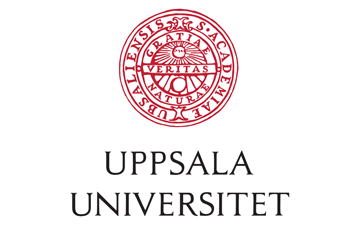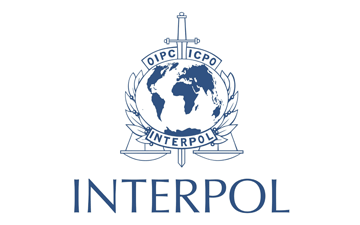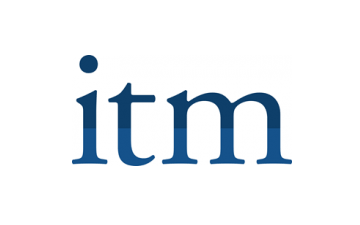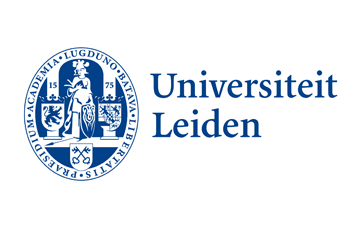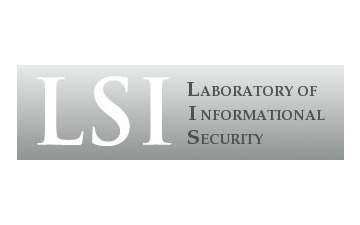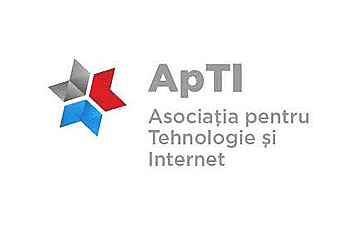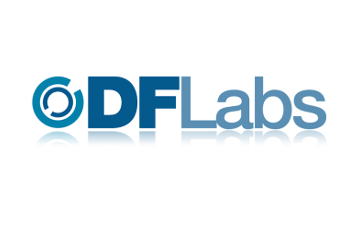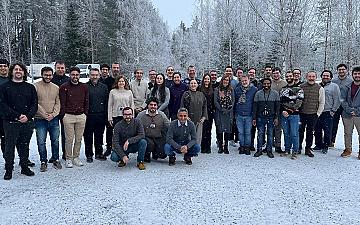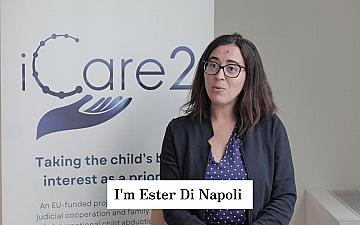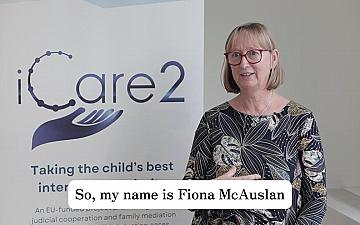Cyber crime (аlso refered to as computer crime, computer-related crime or high-tech crime) could be understood as “criminal acts committed using electronic communications networks and information systems or against such networks and systems. In fact the term “cyber crime” is applied to three categories of criminal activities. The first covers traditional forms of crime such as fraud or forgery, though in a cyber crime context relates specifically to crimes committed over electronic communication networks and information systems (electronic networks). The second concerns the publication of illegal content over electronic media (i.e. child sexual abuse material or incitement to racial hatred). Finally, the third includes crimes unique to electronic networks, i.e. attacks against information systems, denial of service and hacking.
At the Law and Internet Foundation, we have significant expertise in addressing cybersecurity challenges through legal mechanisms. In 2007 a group of experts from the Law and Internet Foundation prepared an analysis, called ”Intellectual property rights and cybercrime: overcoming the gap between law and information technologies” as part of a project with the same name. Later the Foundation’s team has elaborated its researches in the field upon two consecutive projects – Advanced research workshop ”Cyber Terrorism as a New Security Threat” (financed by NATO’s Science for Peace and Security Programme) and “Justice in the Digital Era - Strengthening Capacity of Magistrates in Bulgaria and Romania to Investigate, Prosecute and Produce Judgments in Cases Involving Cyber crime” - a project, realized with the financial support of the European Commission. The second project finished in 2009 included 4 significant events addressed to magistrates in connection with the peculiarities of computer-related crimes, analyses of the current status in prevention and fight against computer crimes in Bulgaria and Romania and drafting recommendations for legislation improvements in the ICT Law area.
Furthermore, in 2009 Law and Internet Foundation sub-served the implementation of six cybercrime trainings and four training seminars for trainers of 150 judges, public prosecutors and investigators from all over the country. The main events’ topics were technical and legal aspects of cyber crime per se and computer-related crime, infringement of intellectual property rights in Internet, money laundering, etc. Additionally, one of the LIF’s senior experts of has participated as a key expert in the work group, which drafted the secondary legislation of the cyber crime section of the Criminal Code. The expert has also consulted the Ministry of Interior and the Bulgarian prosecutor's office in investigating cybercrime cases numerous times.
The Foundation has participated and continues to participate in a number of international projects related to cybercrime. Examples of such projects are:
- EVIDENCE – ‘European Informatics Data Exchange Framework for Courts and Evidence’ (2014-2016) – The project aimed at providing a road map including guidelines and recommendations for realising the missing Common European Framework for the systematic and uniform application of new technologies in the collection, use and exchange of evidence.
- GUARD – ‘A cybersecurity framework to Guarantee Reliability and trust for Digital service chains’ (2019-2020) – GUARD developed an open and extensible platform for advanced assurance and protection of trustworthy and reliable business chains spanning multiple administrative domains and heterogeneous infrastructures.
Nowadays, as cyberthreats grow in complexity and scope, the Law and Internet Foundation continues to be a strong and active player in the cybersecurity space. LIF’s goal is to continue to establish a safe online environment based on human rights and strong legal safeguards.
Resources
- Artificial Intelligence to Counter Cyber-Terrorism
- Penal Code - Section 9a Cybercrimes
- Dimitrov, G., Krusteva D., et. al. Justice in the Digital Era: Strengthening Capacity of Magistrates in Bulgaria and Romania to Investigate, Prosecute and Produce Judgements in Cases Involving Cybercrime. Law and Internet Foundation, Sofia, 2008, 218...
Projects
- Autonomous Swarm of Heterogeneous resources in infrastructure protection via threat prediction and prevention (TESTUDO)
- „Advanced European platform and network of Cybersecurity training and exercises centres” (ACTING).
- A cybersecurity framework to GUArantee Reliability and trust for Digital service chains (GUARD)
- European Informatics Data Exchange Framework for Courts and Evidence (EVIDENCE)
- Cybercrime Trainings aimed at Magistrates and Court Officials

